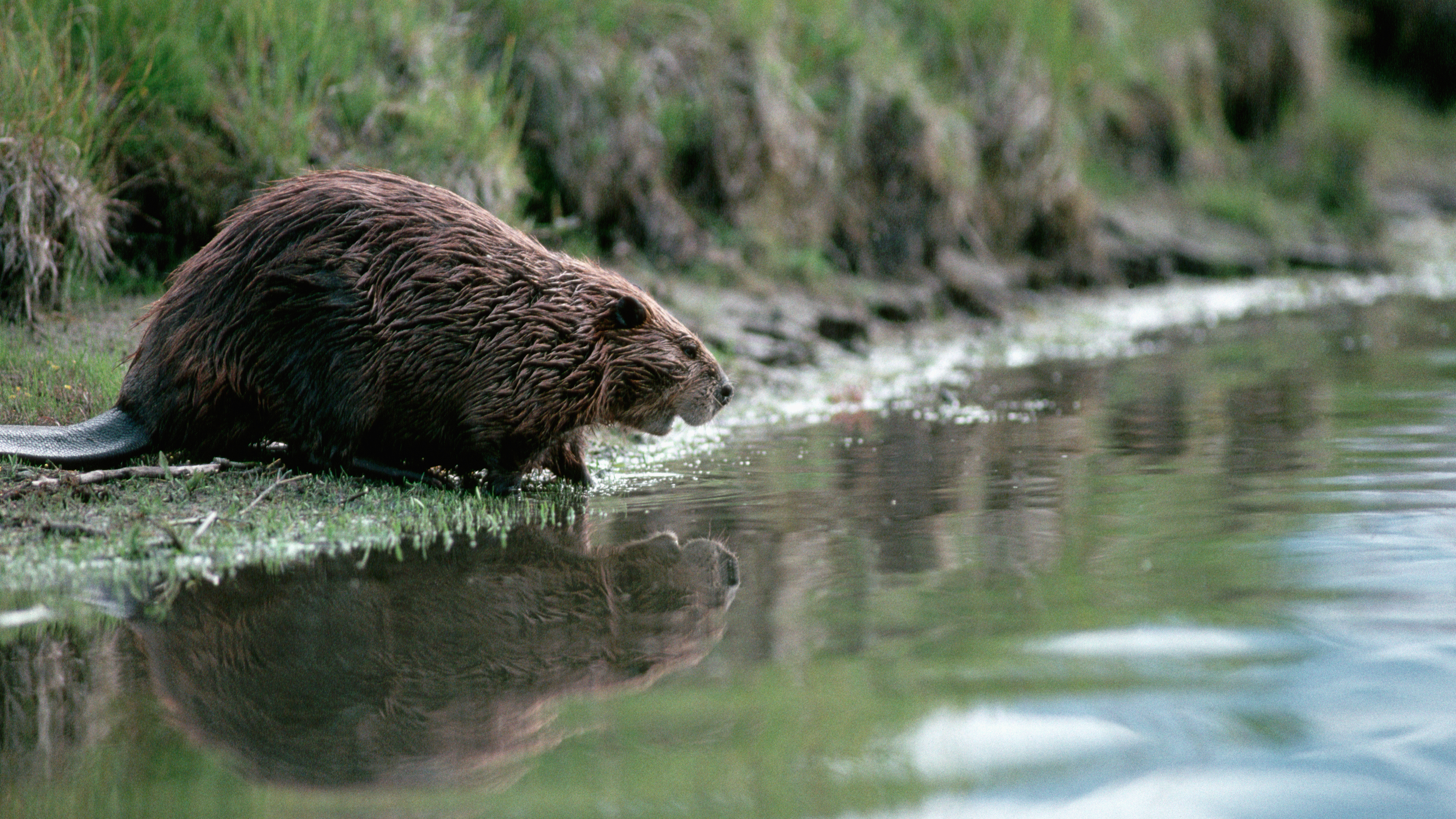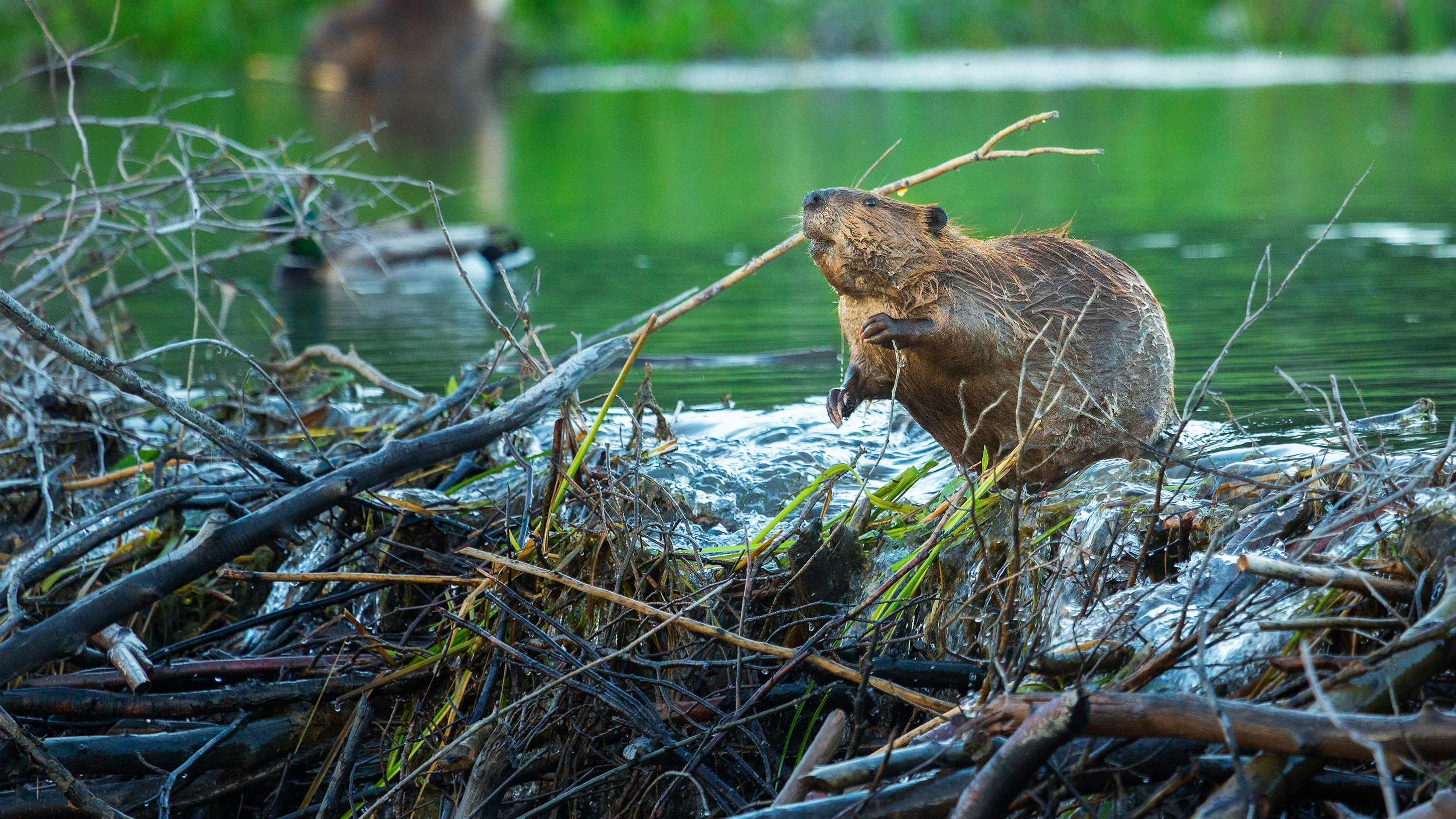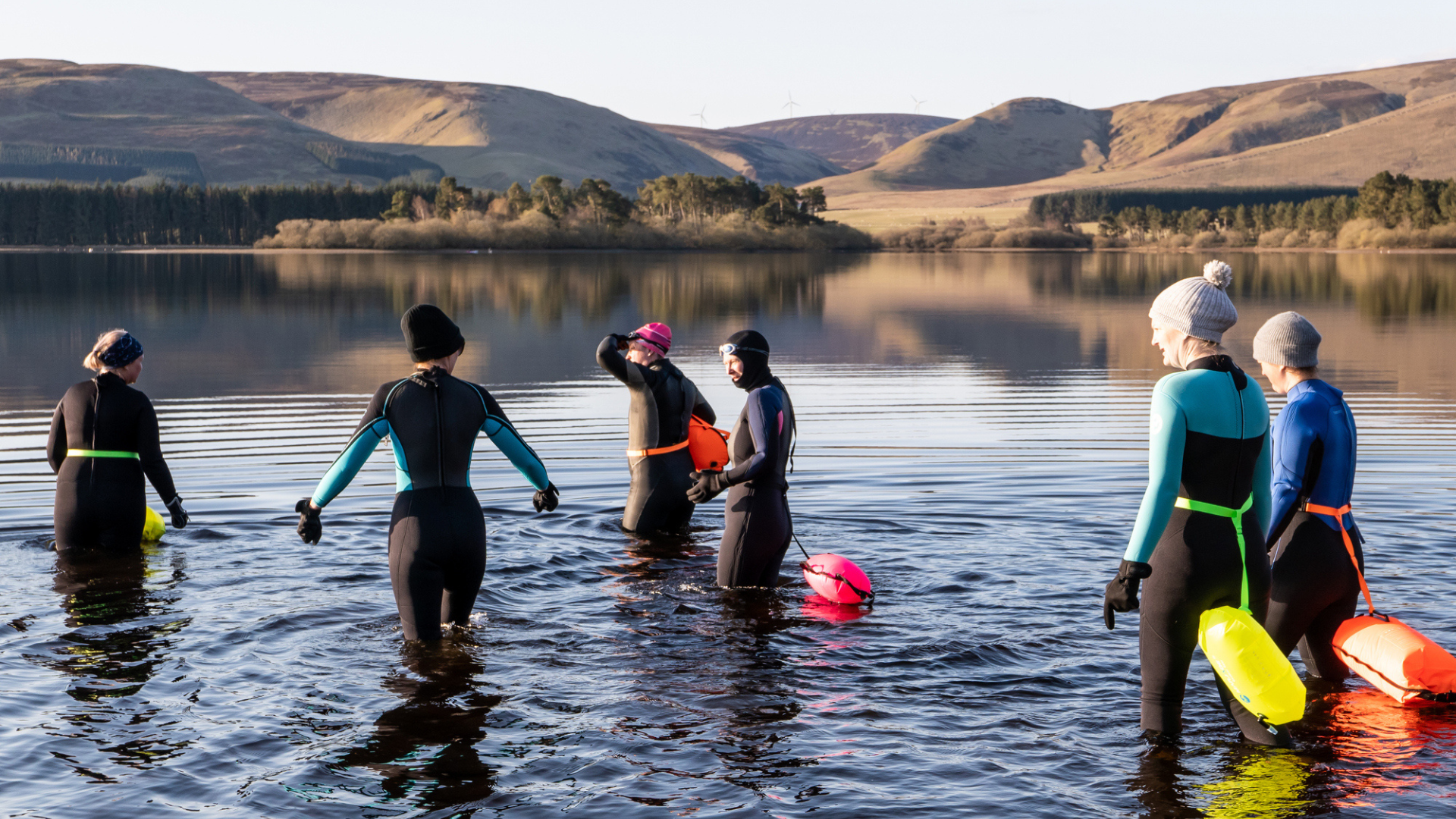Wild swimmers may benefit from cleaner water under leaked government plans to allow beaver releases in England
It's claimed the UK government will issue release licenses to various wildlife groups as beavers continue their return to English waters

Wild swimmers in England may soon benefit from extra protection from pollution after claims that the UK government plans to allow beaver releases for the first time in centuries.
As we reported yesterday (February 27), new research has revealed that beaver dams have a cleansing effect on British waters, blocking pollutants for swimmers and other wildlife downstream.
Now, an exclusive report from the Guardian claims that the UK government will soon announce plans to grant release licenses to various nature organizations, which will have permission to release the animals in England.
To gain a license, organizations will reportedly have to present a detailed ten-year plan explaining how and where they'll release the rodents.
The news has been welcomed by wildlife activists who've long fought for an official re-introduction of the formerly native species.
Wildlife and Countryside Link chief executive Richard Benwell told the Guardian: "These much-loved animals can help restore rivers and wetlands and reduce flooding and drought."
"Their eco-engineering creates diverse habitats that are great for local communities and for wildlife. It’s high time for wild releases and excellent that the government is making progress."
Advnture Newsletter
All the latest inspiration, tips and guides to help you plan your next Advnture!

The news is also welcomed by England's wild swimming community, which benefits from drastically cleaner waters with the presence of beavers.
After two years of monitoring different beaver-engineered water systems, researchers at the University of Stirling in Scotland concluded that beaver dams reduce 'pollution peaks' by up to 95%.
Dams made from logs, branches, and mud slow the flow of water and stop harmful microbial pollutants like E. coli from traveling downstream, inadvertently cleansing the waters for wild swimmers.
Lakes, rivers, and ponds in the United Kingdom have been bombarded by pollution in recent years, thanks to the excessive use of pesticides and fertilizer, and the release of untreated sewage.
Microbial pollutants like E. coli are particularly dangerous to wild swimmers and can cause various gastrointestinal illnesses and infections.
Check out our expert guide for information on how to stay safe and avoid illness while wild swimming.
Beavers became extinct in Britain more than 400 years ago due to excessive hunting.
In 2002, rogue rewilders released beaver families in Kent to improve the local habitat. Illegal releases were followed by an official re-introduction program seven years later. There are now more than 400 beavers in Britain.
- The best wild swimming gear: what to wear and what to take
- Wild swimming equipment: everything you need for a day in the water

Will Symons developed his love of the outdoors as a student, exploring every inch of Sussex’s South Downs national park and wild swimming off the Brighton seafront. Now a Staff Writer for Advnture, Will previously worked as a freelance journalist and writer, covering everything from cricket to ancient history. Like most Advnture staff, Will’s time is rarely spent indoors, he can often be found hiking, wild swimming or playing cricket.
